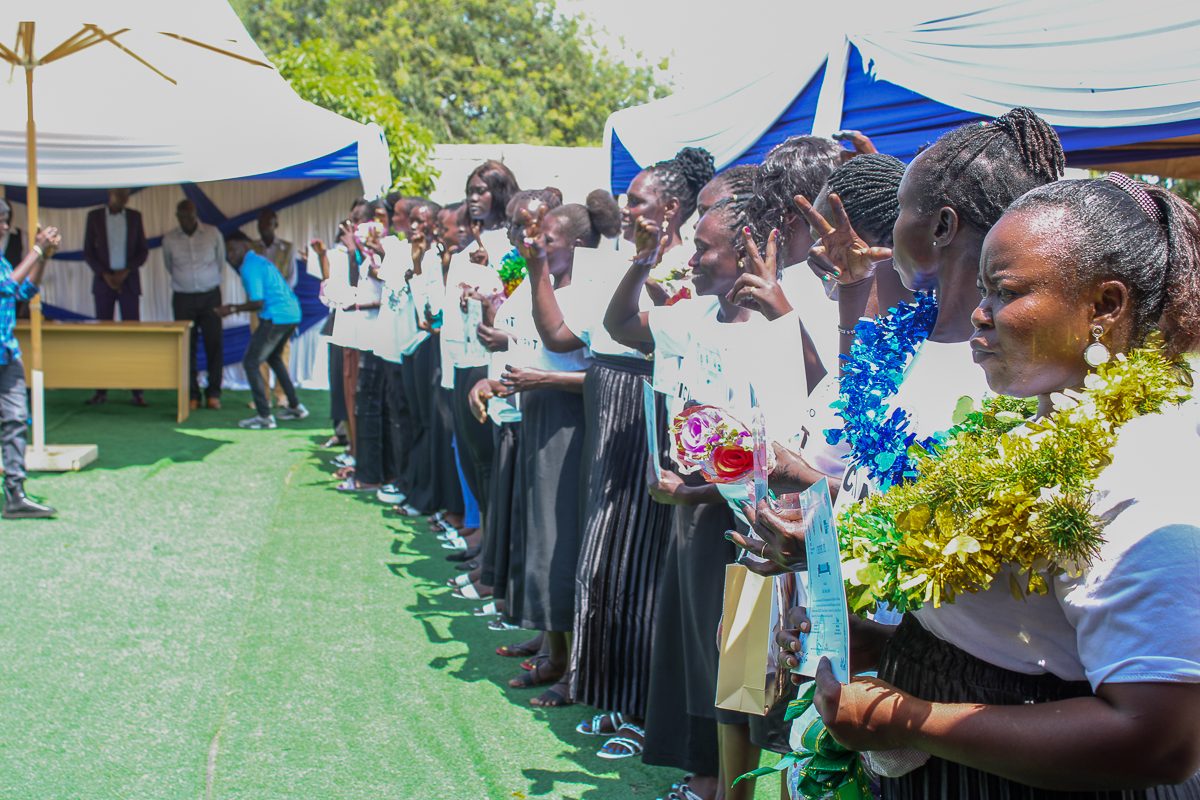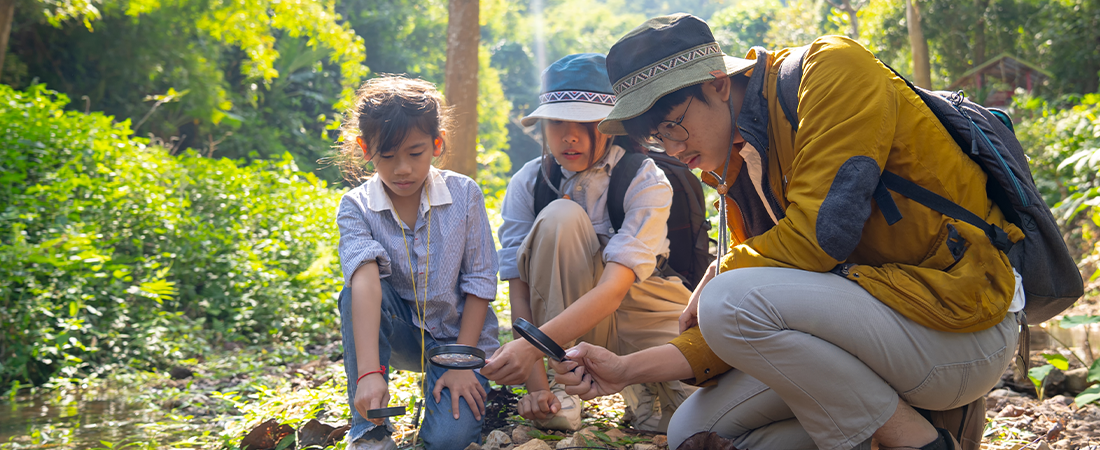Africa
EDC advances literacy and math skills, develops workforce readiness, and strengthens public health programs across the continent.

Overview
Tailored to regional needs, our initiatives support youth employment through livelihood programs, utilize technology and practical learning tools, and address critical public health challenges such as HIV/AIDS and substance misuse.
Through the USAID Youth Advance Project, we partner with local youth-serving organizations (YSLOs) and employers to increase the economic self-reliance and resilience of Liberian youth. The NASA-funded Global Observations to Benefit the Environment Program (GLOBE) promotes scientific literacy and citizen science in 27 countries. Our LEGO Foundation-funded Learning through Play with Technology (Tech & Play) research collaborative introduces innovative learning methods in classrooms in Kenya and Rwanda. We also equip youth with critical skills—such as teamwork, communication, and entrepreneurship—creating pathways to future employment.
Partnerships in Africa
Featured Project
USAID South Sudan Youth Empowerment Activity
This work aimed to improve access to functional skills so that youth in South Sudan could lead healthier lives, generate an income, and contribute to the social cohesion of their communities.
Read more






